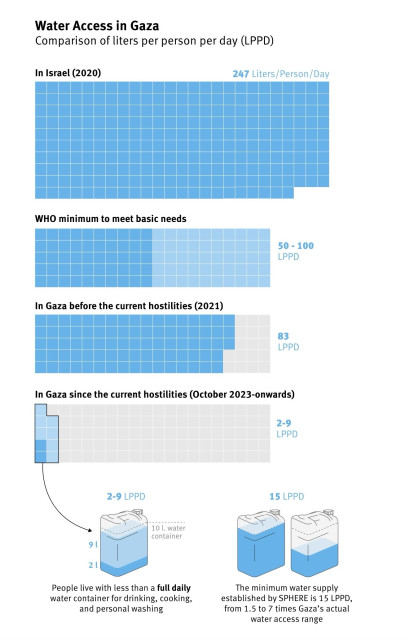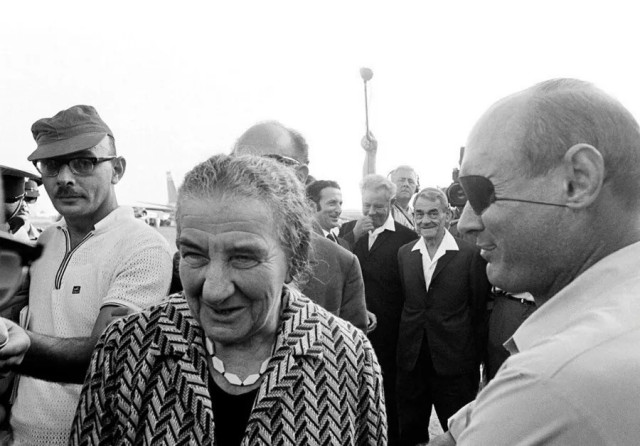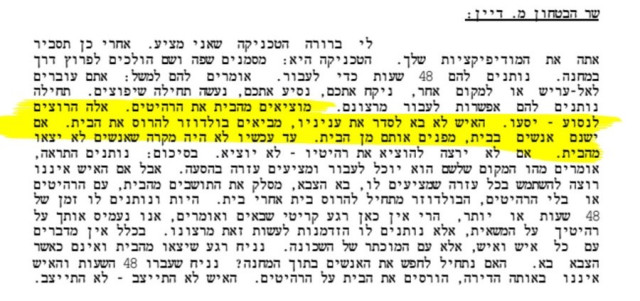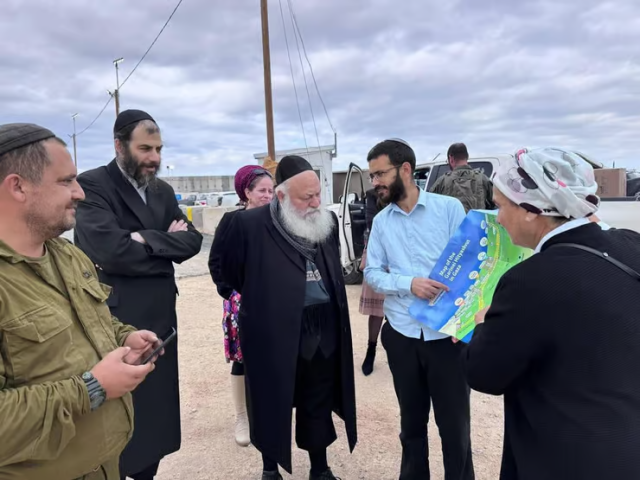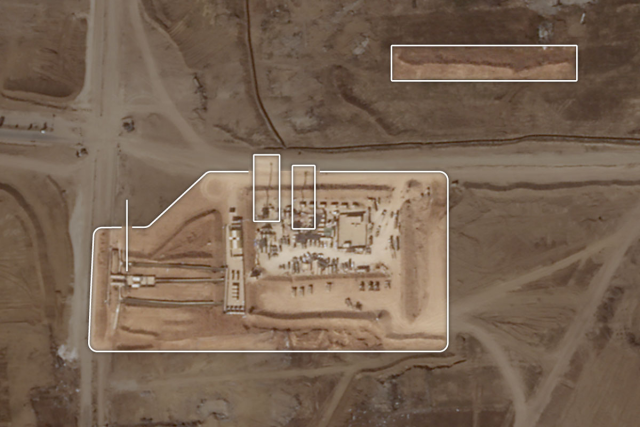Search
Items tagged with: israelWarCrims
#Palestine / HRW: Israel's deliberate water deprivation in Gaza is a crime of extermination and genocide
A Human Rights Watch report details how Israeli authorities intentionally cut off water access to Palestinian civilians in #Gaza since October 2023, resulting in thousands of deaths. This action, coupled with the destruction of water infrastructure and the blocking of aid, constitutes the crime against humanity of extermination and potentially genocide. The report cites statements by Israeli officials expressing a desire to destroy Palestinians in Gaza as further evidence of genocidal intent.
The ongoing blockade of Gaza, lasting over 17 years, is also highlighted as collective punishment and a war crime, part of a broader pattern of #apartheid and persecution against Palestinians. The report urges governments to halt military assistance to #Israel, review diplomatic ties, and support the International Criminal Court's accountability efforts to prevent further atrocities.
hrw.org/report/2024/12/19/exte…
@israel
@palestine
#IsraelOccupation
#israelWarCrims
#GazaGenocide
#HumanRightsWatch
#ICC #ICJ
Extermination and Acts of Genocide
In the 179-page report, “Extermination and Acts of Genocide: Israel Deliberately Depriving Palestinians in Gaza of Water,” Human Rights Watch found that Israeli authorities have intentionally deprived Palestinians in Gaza of access to safe water for …Human Rights Watch

#Palestine / Israel's enduring pursuit of Palestinian displacement
The image (previous post) of Eastern European Orthodox Jews at the Gaza border casually discussing ethnic cleansing is repulsive, but the historical pursuit of Palestinian displacement from Gaza is not new. It's not solely the obsession of the current far-right coalition. Israel presented a facade of peacemaking to the world while quietly plotting to finish the job they started in 1948.
Minutes from secret meetings of Israeli governments in the 1960s and 70s, involving prime ministers and ministers from left-leaning governments, unveil discussions using euphemisms like "population thinning" and "transfer," alongside more direct terms such as "expulsion" and "deportation."
[…] "If we can relocate 300,000 refugees from the Gaza Strip to other places… we can annex Gaza without a problem." —Moshe Dayan, 1967.
Key figures like Moshe Dayan, Golda Meir, and Yigal Allon are quoted expressing support for plans to remove Palestinians from Gaza, often to facilitate annexation and Jewish settlement. The author, Ofer Aderet, highlights the striking similarity between these past proposals and the current far-right's aims, suggesting a continuity in the underlying goal of displacing Palestinians, differing primarily in the level of openness and public justification.
In late December 1967, Dayan discussed a peace agreement that included "resettling refugees, removing them from Gaza, and settling them in the East Bank." He claimed that in such a scenario, "there would not be 400,000 Arabs in Gaza, but 70,000 or 100,000." The following day, Eshkol stated, "We want to empty Gaza first. Therefore, we will initially allow the Arabs of Gaza to leave." Minister Yigal Allon went further, suggesting, "It wouldn't be bad at all to thin out the Galilee Arabs as well." Minister Sasson explained how encouraging Palestinians to leave for work would help achieve this goal: "Let them go to find work... and then they will move their entire families there. We might benefit from this by reducing the number of Arabs in these areas." Dayan agreed, adding, "By giving these Arabs the opportunity to find work abroad, the chances of them emigrating to those countries increase." Allon then proposed extending the plan to include Arab Israelis, questioning, "Why can't this be extended to the veteran Arab Israelis?"
Transcription of the text in the document shown in the second image.
[…] [Defense Minister Moshe Dayan:]
The technique I propose is clear to me. Then you will explain your modifications. The technique is: We mark [houses] here and there and proceed to break through [into the homes]. We give them 48 hours to move. We tell them, for example: You are moving to Al-Arish or another place, we will take you, drive you, and initially we will do renovations. Initially, we give them the option to move willingly. We remove the furniture from the house. Those who want to leave - will leave. If a person does not come to arrange his affairs, we bring a bulldozer to destroy the house. If there are people in the house, we remove them from the house. Until now there has been no case where people did not leave the house.
Or - we give a warning - if he does not want to remove his furniture, he will not remove it. In summary: We say where he can move to and offer help with transportation. But if the person does not want to use any help offered to him, the army comes and removes the residents from the house, with the furniture or without the furniture, the bulldozer begins to demolish house after house. Since we give him 48 hours or more, there is no critical moment where we come and say, we will load you and your furniture onto a truck, but rather we give him the opportunity to do it willingly. We don't speak with every individual, but with the mukhtar (village leader) of the neighborhood. Let's assume for a moment that they left the house and are not there when the army arrives. Should we start looking for the people inside the camp? Let's assume that the 48 hours have passed and the person is not in that apartment, we demolish the house with the furniture. The person did not show up - did not show up.
Hebrew haaretz.co.il/news/magazine/20… or archive.is/HoTwN

#Palestine / Satellite Images Reveal IDF's Extensive Military Buildup in Central Gaza
According to New York Times analysis of satellite imagery, the #IDF has significantly expanded its presence in central Gaza, establishing 19 large bases and destroying over 600 Palestinian buildings along the Netzarim corridor.
nytimes.com/2024/12/02/world/m…
The military now controls an 18-square-kilometer area, equipped with communication towers and defensive fortifications. While the IDF claims these expansions are for operational purposes, they coincide with statements from Israeli ministers about potential future Jewish settlement in Gaza and encouraging Palestinian emigration, marking a significant shift from Israel's previous approach of avoiding territorial control in the Strip.
Housing Minister Yitzhak Goldknopf's during his visit to the Netzarim corridor last Thursday:
[...] "ideas like settlement in the Gaza Strip are blessed. We must remember that ultimately this is the greatest punishment for what they did to us on October 7. The only times we defeated our enemies were when we took territory from them. Conquering the Gaza Strip is definitely an idea, but I must admit it's not enough for me. I also want to encourage emigration, and I think we should allow them to voluntarily emigrate to their countries."

